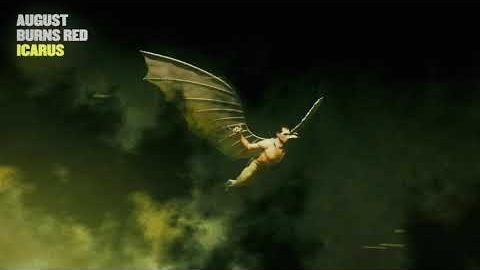
During The Smiths’ ill-fated final recording session together in May 1987, Morrissey’s choice to cover a Cilla Black track proved to be the straw that broke the mopey indie camel’s back. Johnny Marr despised the song, and it’s quite fitting that the tune that split the band and sent him off into the big wide world was called ‘Work Is A Four Letter Word’. For Marr, work is like oxygen.
- READ MORE: Johnny Marr on what to expect from his “expansive” new album and his hopes to rejoin Modest Mouse
The last full record we received from the NME Godlike Genius alumni was 2018’s lofty and utopian ‘Call The Comet’, where we found Marr at his most assured and winning the fret-meister general some of the best reviews of his career. It was a kaleidoscopic blend of indie sounds that proudly nodded to his past – albeit with a modernist, sci-fi sheen.
In the years between then and now, he popped up on stage with The Killers and made a little history at Glastonbury, worked with his old pal Hans Zimmer on the score to James Bond flick No Time To Die, while also assisting Billie Eilish and Finneas on the Number One title track. Surprisingly, he also found time to engage in an unlikely feud with Blossoms and Rick Astley over their decision to form an all-star Smiths tribute band. Of course, beef is murder, so it didn’t last long until he “dealt with it” and put the matter to bed, as Marr recently told NME.
Bigmouth struck again this year when Morrissey published an open letter imploring his former bandmate to “please stop mentioning my name in your interviews” (Marr, for the record, rarely does so, and even then is diplomatic when pushed by a nosey journo). The whole saga was a signifier of the drama that constantly dogs an artist of Marr’s legacy. But the secret to this polymath’s staying power isn’t in all that hokum; it’s his workmanlike approach to spread his art-rock Midas touch as far as he can.
Look at his time collaborating with The Pretenders, The The, Electronic, Modest Mouse and The Cribs, as well as his three celebrated solo records and work on a whole bunch of movie soundtracks. Icons should have no business being this hard-working – not while others would be sunbathing by a massive pool or making dubious political statements. It’s Marr’s restlessly prolific spirit that drives ‘Fever Dreams Pt 1-4’, with eight of the tracks previously teased across two EPs before being released this week as a full 16-song double album.
The throbbing electro pulse of single and opener ‘Spirit Power And Soul’ mainlines Marr’s inbuilt compulsion as he channels a little New Order Manc dancefloor euphoria and vows to keep on going: “Yesterday is gone / Today I’m so on the run”. There’s a real sense of movement to this record. The cinematic post-punk of ‘Receiver’ and the sombre strings of ‘Ariel’ feel like part of a sequel to the guitarist’s Bond work – though perhaps for a film set in the future – while the trance-y psych-jam of ‘Lightning People’ lifts Marr’s sound to new, giddy stratospheres. We’d love to hear a Johnny Marr record where he turns up the weird even more and brings out more his filmic influences.
It’s clear here that Marr’s keen to make a connection, shaking off the lethargy of these past couple of pandemic years. During that aforementioned NME interview, he explained: “For me, the album and the whole experience has been expansive, ironically – at a time that’s been so much about seclusion. The ideas and the sound reflect that.” So he sings “What’s the day / What’s the way? …Every day is a fever dream” over the gothic desert-rock of ‘Hideaway Girl’, before the Eurythmics and Depeche Mode-indebted electro-pop-noir tune ‘Sensory Street’ provides a wake-up call for those “all fucked up on remote control” as he vows to “turn on the impossible”.
‘Tenement Time’ takes a little Joy Division menace and sends it wailing into arena-rock territory, and ‘Counter Clock World’ somehow feels like a bridge between the ’90s Baggy era and The Strokes. It harkens back a little to his Electronic days with Barney Sumner in terms of how thick and fast the bops keep coming.
‘Fever Dreams’ is loaded with a sense of strangeness throughout, but most notably on the Blade Runner-style ambient soundscape of ‘Rubicon’, as Marr delivers a spoken-word mantra: “Don’t let the good slip away”. There’s almost a latter-day Radiohead shuffle to the warped dance of ‘Ghoster’, while ‘Human’ ends things with an oh-so-Johnny-Marr towering flowery melancholy.
This album is the work of a man with no time for big cash reunions or the squabbling that prevents them. Instead, he has turned in a record fuelled by soul and new ideas.
Details

Release date: February 25
Release label: New Voodoo/BMG
The post Johnny Marr – ‘Fever Dreams Pts 1-4’ review: a soulful record fuelled by fresh ideas appeared first on NME.






